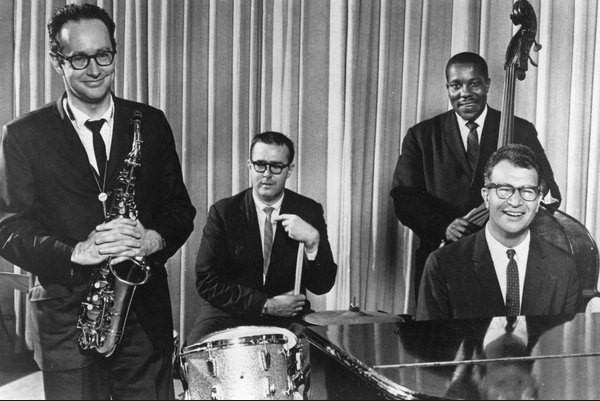Obviously this has been a big year for Korean music, thanks to Psy’s “Gangnam Style” becoming the biggest song ever on Youtube and surpassing 1 billion views. And like any uber-popular sensation, people’s enjoyment of the song moved inversely with its ubiquity.

But even without Psy, it would have been a pretty notable year for K-pop, as YG, SM, and JYP and pushed harder (and, arguably, more successfully) than ever into the United States and the West. SNSD appeared on Letterman. Big Bang sold out shows (and won critical praise) in the US, Peru, Britain, and all over Asia. G-Dragon’s “Crayon” got plenty of notice by pop critics (one New York Times critic named it a top song of the year … and the song won Pop Dust’s Song of the Year poll). Choe Sang-hun and I had a 1,500-word feature on K-pop in the New York Times back in March, long before Psy’s hit had dropped, and since then there have been oodles of stories in all your major media.

Despite the endless ink spilled (and pixels illuminated) over K-pop, I think most of the media still has not really wrapped their collective heads around “what it all means”. One common bit of idiocy has been the idea that K-pop has somehow “failed” because no one was able to follow up Psy’s “Gangnam Style” with another chart-topper. Talk about missing the point — as if this musical age is all about Billboard and chart rankings.
If you want a symbol for the year in music, it may well have been Grimes, the 24-year-old Canadian electronic artist. “Oblivion” was widely regarded as one of the top songs of the year, even though it never spent much time on any charts and has only 4 million Youtube hits. Grimes has been quite clear, though, about the influence K-pop and J-pop have had on her music. As she wrote in NME recently:
It’s the insane art direction in K-pop music videos that got me addicted to it. I like the misguided appropriation of western pop tropes in the videos – because they’ve got it wrong, it’s kind of better.
I mean, check out her video to “Genesis” — aside from the budget, it could be the latest 2NE1 video:
And then just to make things really scrambled, Dan Deacon mashed up “Oblivion” and “Gangnam Style” to create “Gangrimes Style.” Quite catchy, too:
Anyhow, the point is to ask what people mean when they talk about K-pop (or any music genre) succeeding. K-pop draws plenty of fans to its shows. It sells in its niches. It draws on pop influences from around the world and influences the world in turn (here’s a story on K-pop in Chile). That’s really not terribly different than dubstep or EDM in general. That’s the world of music today, full of cross-references and cross-fertilization, without any one act dominating the way U2 or Coldplay or Janet Jackson once did.
Could K-pop go mainstream in 2013? Anything is possible, but I would argue that it doesn’t need mainstream success to be considered successful. Would anyone argue that Korean movies have not been successful over the past 15 years? And yet no Korean movie has made significant money at the US box office — save D-War (with about $11 million), the “Gangnam Style” of Korean movies.
Aside from K-pop, it has been a good year for Korean music in general. It seems like there are ever more electronic-based indie bands, pumping out catchy, fun music (Love X Stereo, Glen Check, Telepathy, Neon Bunny), postrock (Apollo 18, Bulssazo), twee rock, folk, hard rock, traditional-modern hybrids (Surisuri Mahasuri, Jambinai), just plain weird (EE, Mukimukimanmansu), and more. Apollo 18 had two successful tours of North America. Galaxy Express was the first band pictured on this year’s New York Times feature on SXSW. If there is a fertile area in which Korean music could really grow in 2013, I suspect these non-pop genres have more potential.

Anyhow, it should be a fun year. That’s so much to look forward to.










